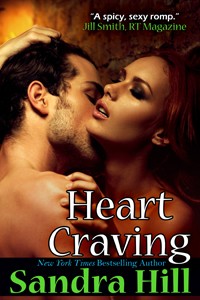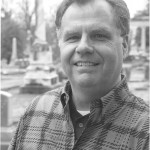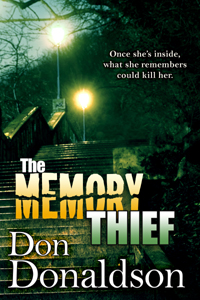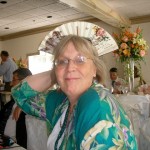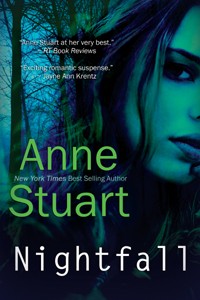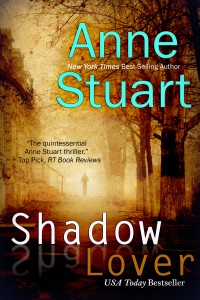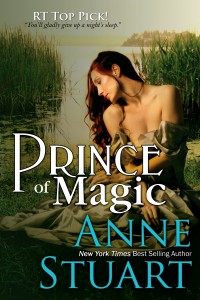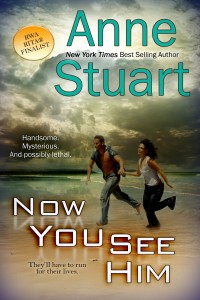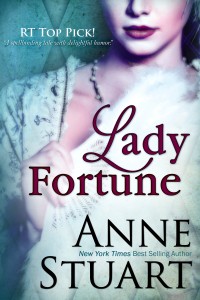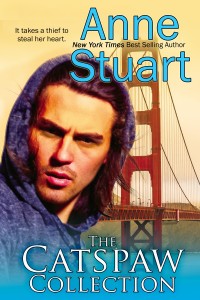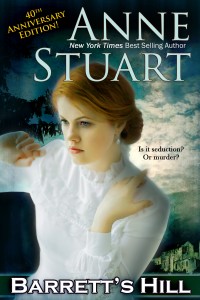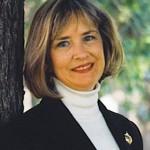 Night After Night
Night After Night
by Kathleen Eagle
Where do characters come from? From life, of course. From people. Even if the character is an animal, if it has thoughts, it’s a personification. Every writer’s characters come from people the writer has somehow experienced. Fiction is about the human experience—yes, even sci fi, even fantasy—fiction is about us. Writers find stories and characters in the world around them.
One of my most memorable characters is just a boy in THE NIGHT REMEMBERS, which was published in 1997. His father is black, his mother Lakota Sioux, and Tommy T—the nickname his father gave him—lives on the streets of Minneapolis. He’s resourceful, independent, witty, irrepressible, already a brilliant artist at the age of 12, when he “adopts” Angela, a woman who is out of her element and on the run. His older brother is a sad case, so Tommy T tries to look out for him, too. But Tommy T needs a hero, and he finds one in Jesse Brown Wolf, the enigmatic troubleshooter Tommy T calls Dark Dog.
Tommy T is one of my favorite characters, and he was inspired by a student from my early teaching days. Oliver was a terrific artist, a wonderful basketball player, a very smart young man. Years later—soon after we moved to the Minneapolis area—we ran into Oliver at an art show. It was so good to see someone from Standing Rock, the Lakota reservation where most of the Eagles live, where my husband and I met, where I taught high school for 17 years and where our 3 children were born. But here we were, out of our element, and here was Oliver, who was also glad to see people from back home, and who said, “I’m really doing good now, Mrs. Eagle.”
It wasn’t long after that meeting that Oliver died tragically. Heartbreakingly. Senselessly. Years later I wrote a story—not about him, but for him. And readers began to let me know that it wasn’t finished. Tommy T was one of their favorites, too, and he ought to be more than a secondary character. Tommy T had to grow up. I knew who Tommy T was as a man, and I wrote NIGHT FALLS LIKE SILK.
Tommy T is now Thomas Warrior, a reclusive graphic novelist. He’s crazy successful and drop-dead handsome, but he’s also troubled by his past. He visits Angela, his adoptive mother, but only when Jesse isn’t home. He blames Jesse for his drug-addicted brother’s troubles. And now the characters in Thomas’s stories have begun to haunt him. They want him to go back to his roots, reclaim his heritage. Maybe that’s why he finds himself bidding on a set of century-old ledger drawings and feeling more than simply challenged by Cassandra Westbrook, the beautiful but outrageously privileged woman who outbids him. I believe NIGHT FALLS LIKE SILK is worthy of the irrepressible Tommy T as well as the irresistible Thomas Warrior.
Thank you, Oliver.
NIGHT FALLS LIKE SILK is only $1.99 through the 31st. Pick it up today:



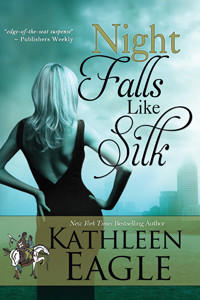



 Second Chances
Second Chances